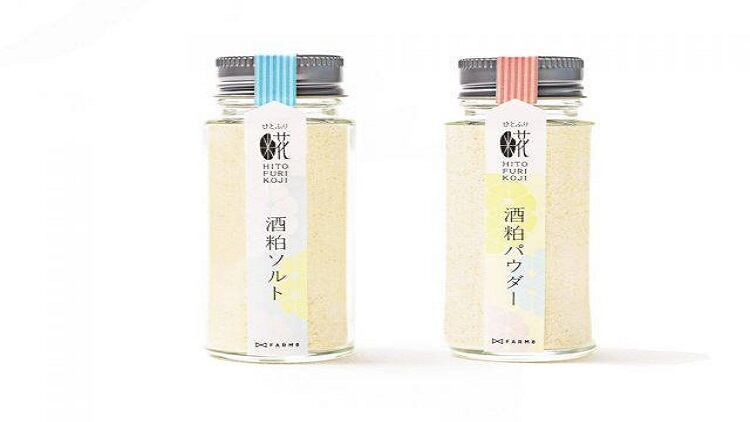Its range of sake-kasu products went on sale in Japan during this spring and the firm is planning to market the products abroad.
Sake-kasu is the leftovers of fermented rice during the production of sake. It is traditionally used as a pickling agent.
Prolamin, the resistant protein present in sake-kasu could improve digestive health, the company claimed.
FoodNavigator-Asia spoke to Ishibashi Terumi, the firm’s food advisor and licensed nutritionist during the Food Japan exhibition which was held in Singapore last month to find out more.
“In Japan, we believe that consuming 50g of sake-kasu daily is useful to our digestive health,” Terumi said.
“However, the younger generation are finding it quite difficult to make pickles with sake-kasu or they are not familiar with its taste, so the consumption of sake-kasu has gone down. It is believed that having a good digestive system (from a diet that includes fermented food) helps to prolong life, but these days, Japanese are consuming more western food and lesser fermented food.
“That is why we hope to produce a more user-friendly form of sake-kasu which could be added into different food products at the consumers’ convenience.”
To make the sake-kasu powder, Farm8 uses a special machine in its production factory at Nagaoka, Niigata Prefecture to air-dry it at a specific temperature, before grinding it into powder form.
The sake-kasu powder can be added into beverages, preferably sake and tea, or mixed with salt seasoning, or added into noodle dough.
Terumi said that the sake-kasu products were gaining traction in the domestic market. Most of the consumers were females in their 30s to 50s.
“They are mostly females because they tend to have more digestive problems and constipation.”
Moving forward, the firm is looking to work with product distributors in the South East Asia, Korea, and China.
Innovation lab
Founded in 2015, Farm8 also runs an innovation lab to develop new types of food with other companies or government-linked agencies.
For instance, it had received request from the Niigata prefecture to prolong the shelf-life of locally produced sake-kasu, Terumi said.
In a bid to extend shelf-life, she said that the research team from the prefecture added lactobacillus into the sake-kasu, however, this has caused the sake-kasu to taste extremely sour.
The R&D team from Farm8 adjusted the taste by adding white radish sugar. This enables sake-kasu to be used in other food formats. Eventually, a dairy free ice cream was made from the sake-kasu.


